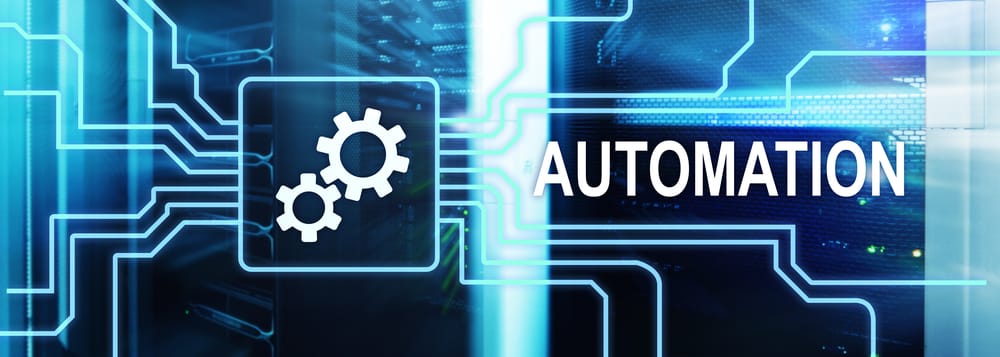Cool Photos from Depositphotos
By Hoala Greevy, Founder & CEO, Paubox
Before the pandemic, the healthcare industry was growing at double-digit rates. Today, healthcare organizations are struggling to fill open positions. A massive shortage of employees leaves companies struggling to find ways to do more with less. As a result, providers spend more time on manual tasks like data entry and less time enhancing patient care.
Technology can reshape healthcare and reduce the stress teams are currently facing. Workflow automation, for example, can automate processes and eliminate the need for human intervention. In doing so, practitioners can spend more time contributing to an organization’s bottom line. Unfortunately, healthcare organizations struggle to commit to technology even when technology can benefit the greater good, including patient care.
Outdated processes persist within the four walls of hospitals, pharmacies, and care facilities. Providers continue to rely on fax machines and the U.S. Postal Service to send and receive patient information. These antiquated processes rely on human intervention to send and receive patients’ protected health information (PHI).
Read on to learn why obsolete processes are detrimental to healthcare organizations and how workflow automation can replace manual tasks.
Workflow Automation Replaces Outdated Processes
Data entry requires manual interference and leads to human error. Healthcare organizations that are searching for ways to eliminate the human endpoint can leverage workflow automation in conjunction with HIPAA compliant email to electronically enter patient data correctly and securely.
Workflow automation is a branch of artificial intelligence (AI) that utilizes rules-based logic to direct manual tasks without human intervention. Email AI that incorporates workflow automation can automatically recognize and log patient data into a database while preserving HIPAA compliance. The chance for human error drastically decreases, and providers can better limit access to electronic protected health information (ePHI).
Healthcare Must Learn to Adopt Technology
Healthcare organizations have not been quick to adopt AI enabled technology. A survey of nearly 400 healthcare professionals found that 19% of organizations remain in the early stages of adoption. Yet digital transformation won’t wait for laggards. Healthcare organizations have to recognize this new landscape and prepare their employees to protect patient data effectively.
Providers must prioritize the implementation of advanced technology in their day-to-day operations. Physicians who allow technology to help with daily tasks have more time to spend on money-making operations (i.e., appointments and consultations).
Covered entities that don’t eliminate archaic processes from their workflow will continue to face the consequences. Manual data entry provides time and space for bad actors to intercept PHI and put patient information at risk. Organizations must reinforce the need for and importance of technology in their daily activities. However, healthcare workers are responsible for embracing and utilizing these technologies to improve workflow and operations.
Technologies like HIPAA compliant email and workflow automation have the potential to reshape healthcare. When an organization pairs these technologies together, providers will experience the benefits automated processes guarantee, including a streamlined and secure patient experience.
###
About the Author
Hoala is the founder and CEO of Paubox. He has 22 years of experience in the email industry, dating back to his first job out of college at Critical Path in San Francisco in 1999. Prior to founding Paubox, Hoala started Hawaii’s first SaaS company (Pau Spam) in 2002. Hoala holds two patents related to email security and graduated from Portland State University with a B.S. in Geography and Social Sciences. An avid kayak fisherman, Hoala has caught three blue marlins from his Ocean Kayak Scupper Pro. He also holds the IGFA world record for the fine-scale triggerfish.
The Editorial Team at Healthcare Business Today is made up of skilled healthcare writers and experts, led by our managing editor, Daniel Casciato, who has over 25 years of experience in healthcare writing. Since 1998, we have produced compelling and informative content for numerous publications, establishing ourselves as a trusted resource for health and wellness information. We offer readers access to fresh health, medicine, science, and technology developments and the latest in patient news, emphasizing how these developments affect our lives.








